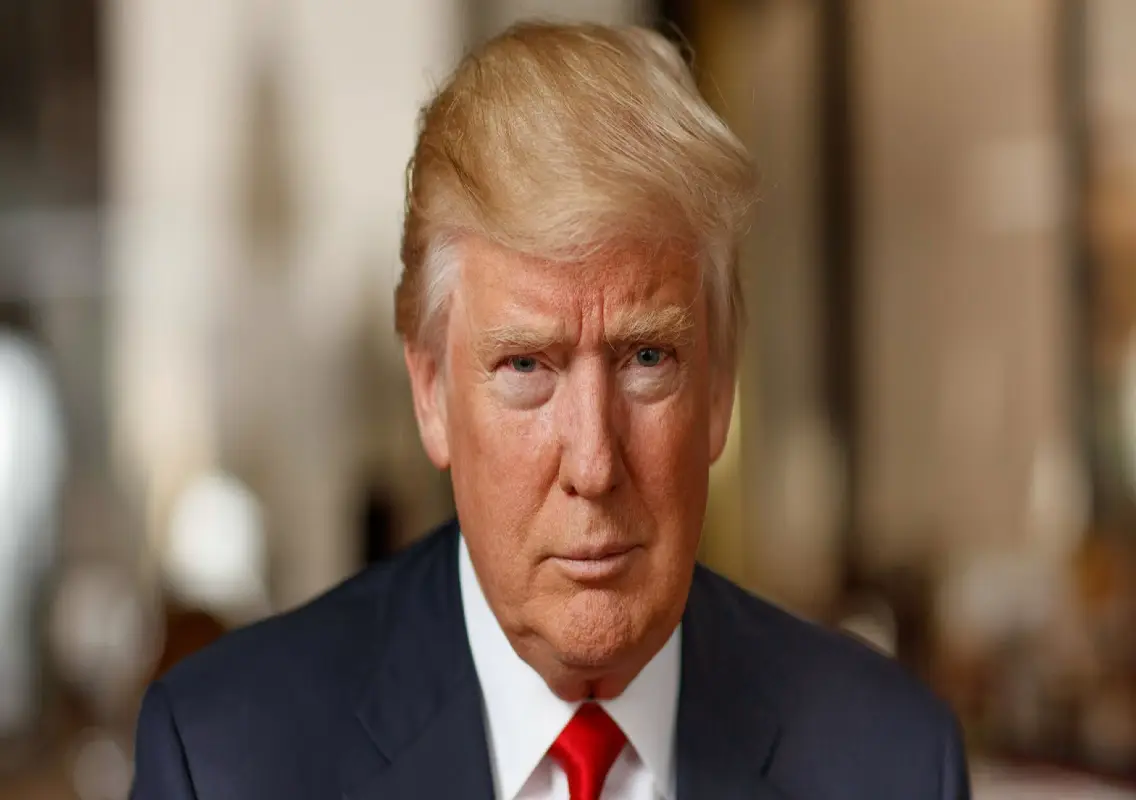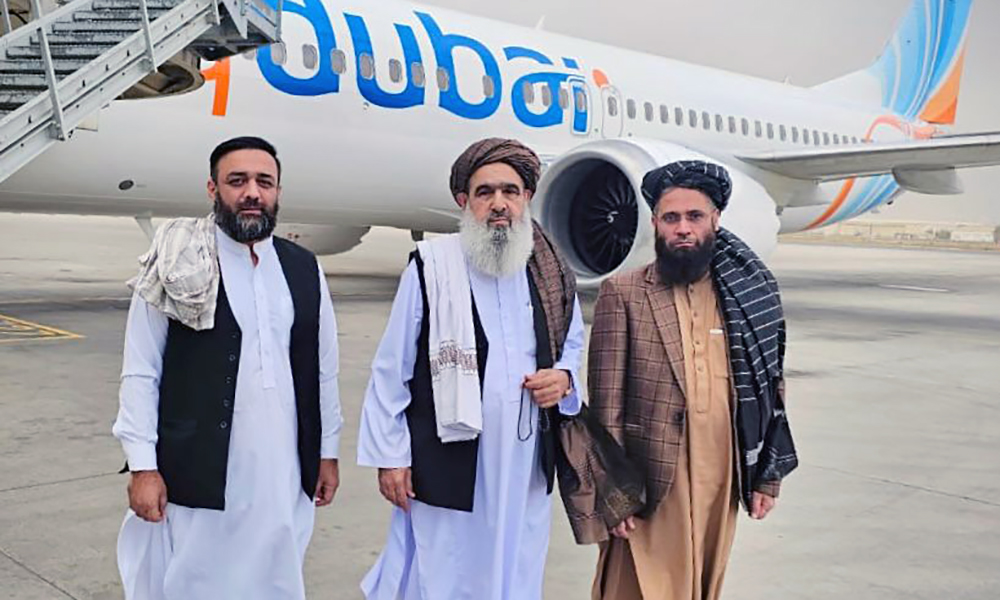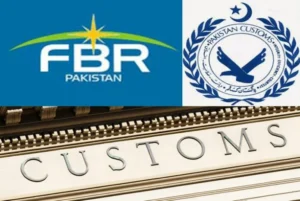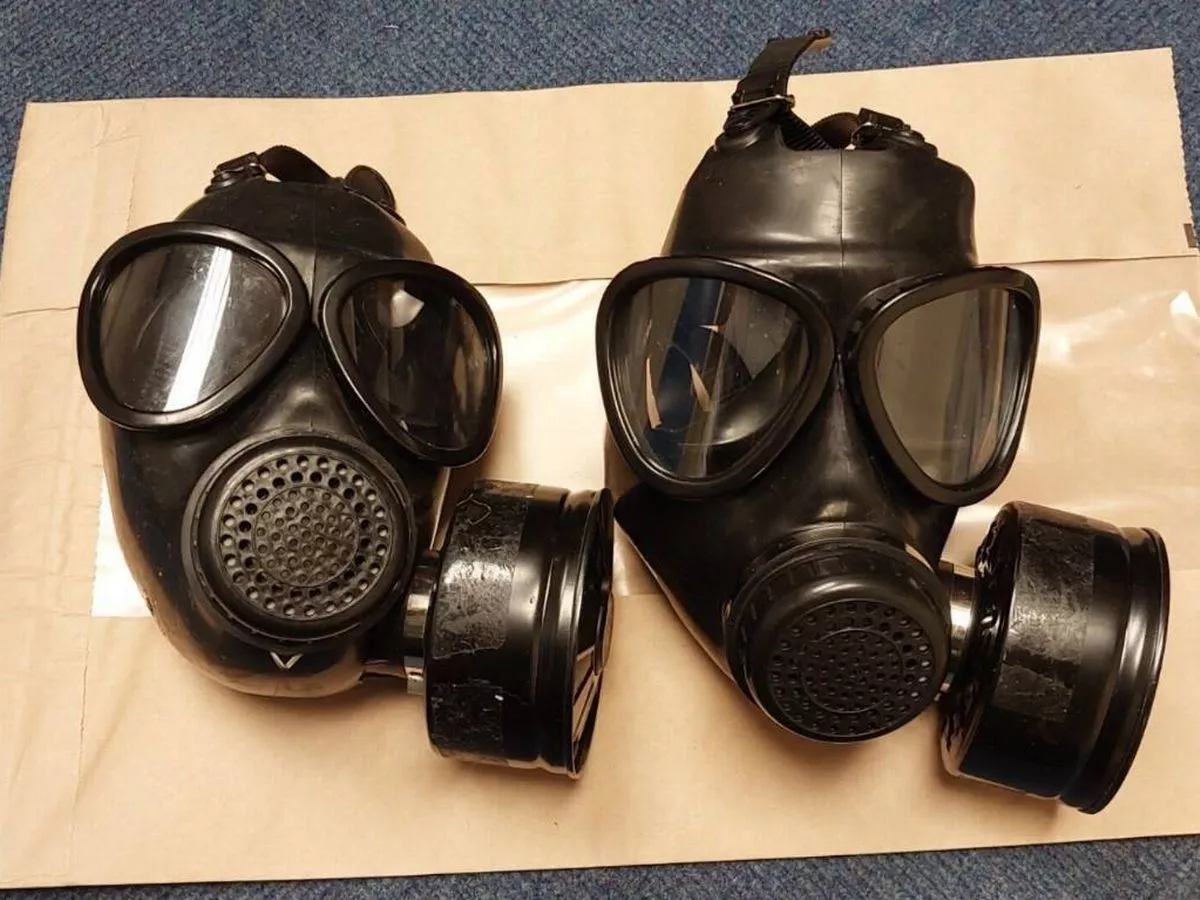Copyright newskarnataka

US President Donald Trump on Friday reaffirmed that his administration will resume nuclear testing, marking a dramatic reversal of three decades of restraint since the Cold War era. Speaking to reporters aboard Air Force One, Trump hinted that the upcoming tests may even include the traditional underground detonations once common during the 20th century. His remarks came just two days after he formally directed the Pentagon to begin preparations for restarting nuclear weapons tests. Trump confirms directive to Pentagon When asked directly whether the plan included underground tests, Trump gave an ambiguous but assertive response. “You’ll find out very soon. But we’re going to do some testing, yeah,” he told reporters. “Other countries do it. If they’re going to do it, we’re going to do it.” The President added that the United States, China, and Russia should all operate on “equal footing” regarding defence readiness. Earlier this week, he wrote on Truth Social, “The United States has more Nuclear Weapons than any other country. This was accomplished during my first term in office. Because of their tremendous destructive power, I HATED to do it, but had no choice!” Announcement ahead of meeting with Xi Jinping The announcement coincided with Trump’s high-stakes meeting with Chinese President Xi Jinping in South Korea to discuss trade relations. Asked whether the nuclear decision was meant as a message to China, Trump avoided giving a clear answer, saying only that “it had to do with others.” The timing of the announcement has sparked speculation that Washington is signalling a tougher stance toward both Beijing and Moscow. Analysts noted that this move risks overshadowing trade diplomacy and could lead to renewed strategic friction among nuclear-armed powers. Historical context of US nuclear testing Between 1945 and 1992, the United States conducted 1,054 nuclear tests, most at the Nevada Test Site. The last full-scale test occurred in 1992, after which Congress imposed a moratorium on underground testing. The decision followed the signing of the Partial Test Ban Treaty (1963), which prohibited atmospheric, outer-space, and underwater tests, and later, the Threshold Test Ban Treaty (1974), which limited underground explosions to yields below 150 kilotons. President Bill Clinton signed the Comprehensive Test Ban Treaty (CTBT) in 1997, but the Senate refused to ratify it, leaving the US legally able to resume testing. Global reactions and rising alarm The new announcement has drawn strong criticism from Nevada lawmakers, who called it a “reckless and dangerous provocation.” Senator Catherine Cortez Masto warned that renewed tests could once again endanger public health. “We still live with the scars of radiation exposure from the 1950s. This decision is both scientifically unnecessary and morally indefensible,” she said.Globally, the reaction has been swift. China’s Foreign Ministry urged the US to “adhere to international obligations and maintain global stability.” Russian officials accused Washington of “destroying decades of arms control progress,” while European allies expressed concern that the move could trigger a new nuclear arms race. Experts question necessity of new tests Nuclear scientists and defence analysts widely agree that the United States does not need live testing to ensure the reliability of its arsenal. Through advanced computer simulations, subcritical experiments, and the Stockpile Stewardship Program, the US already certifies its weapons as safe and effective. “There’s no technical justification for full-scale testing,” said Dr. Richard Garwin, a former nuclear weapons designer. “This is a political statement, not a scientific necessity.” Each nuclear test, experts estimate, could cost over $140 million, excluding environmental cleanup and decontamination. Fears of a new Cold War dynamic Observers warn that Trump’s directive could undermine the global nuclear non-proliferation regime and accelerate competition among nuclear powers. The decision comes as several key arms control agreements, including New START, approach expiration. “This may reopen a Pandora’s box of geopolitical instability,” said Michael Krepon, co-founder of the Stimson Center. “It risks pushing Russia, China, and possibly North Korea toward more aggressive testing policies.”North Korea remains the only nation to have carried out full nuclear tests in recent decades, with its last detonation in 2017. Although Russia continues to test nuclear-capable delivery systems, it has not set off actual bombs since the Soviet era. Trump’s confirmation to resume nuclear testing represents one of the most consequential national security shifts in recent US history. While his supporters see it as a demonstration of strength, critics warn it could undo decades of progress in arms control, reignite global tensions, and expose communities to fresh risks. As the Pentagon moves ahead with preparations, the world watches anxiously, fearing that the nuclear threshold—once firmly closed—may be on the verge of reopening.



